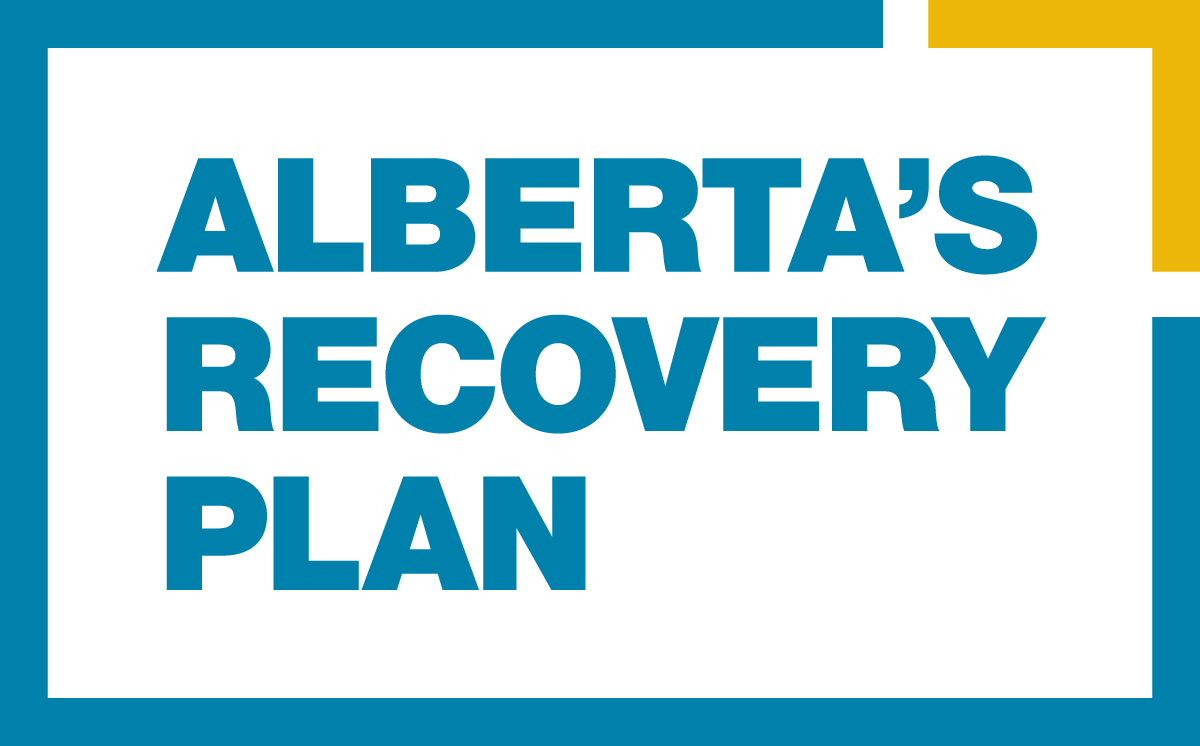Alberta firefighters, police officers, paramedics, sheriffs, corrections officers and emergency health-care workers put their lives on the line daily to keep Albertans safe. Alberta’s government is committed to providing additional mental health supports to better equip first responders to manage post-traumatic stress injuries.
Grants totaling $1.5 million per year will be awarded to non-profit organizations and researchers working to improve first responder mental health. Applications to the Supporting Psychological Health in First Responders grant will be open until Sept. 20.
From 2014 to 2018, there were 450 Workers’ Compensation Board (WCB) claims for first responders related to post-traumatic stress injuries. These claims represent the suffering and challenges faced by Alberta’s heroes, their families, friends and communities.
“First responders put their lives on the line every day to protect Albertans and we are committed to ensuring services and treatments are available to treat and prevent post-traumatic stress injuries. This grant program will fund non-profit organizations and researchers to improve the programs and ensure supports are available.”
“Alberta’s government continues to improve access to high-quality care and supports for mental health issues. Healthy first responders and emergency health-care workers ensure our communities, families and friends remain safe and healthy.”
“It is important we keep first responders as healthy as possible so they can continue to protect the citizens of our province each day. Investing in leading-edge and evidence-based programs will ensure our members get the best possible care when they need it most. We strive to continually get better and this can only be done through proper research and listening to those officers affected by PTSI.”
“As most Albertans know, paramedics are the ones who meet you in some of the worst moments you’ll ever experience; but what many don’t realize is that paramedics can relive those moments over and over with every call. We are grateful for this commitment of additional mental health resources and see this as a crucial acknowledgement of this extensive and complex condition in the first response community.”
Alberta’s Recovery Plan is a bold, ambitious long-term strategy to build, diversify, and create tens of thousands of jobs now. By building schools, roads and other core infrastructure we are benefiting our communities. By diversifying our economy and attracting investment with Canada’s most competitive tax environment, we are putting Alberta on a path for a generation of growth. Albertans came together to save lives by flattening the curve and now we must do the same to save livelihoods, grow and thrive.
Quick facts
- Alberta’s government is committing $1.5 million per year for three years for the grant program, starting in 2020-21.
- From 2014 to 2018, WCB claims for first responders related to post-traumatic stress injuries cost more than $55 million.
- Albertans are served by:
- More than 14,000 full-time, part-time, casual and volunteer firefighters. About 80 per cent are volunteers.
- More than 7,500 police officers.
- More than 9,400 paramedics.
- More than 770 sheriffs.
- More than 1,500 corrections officers.
